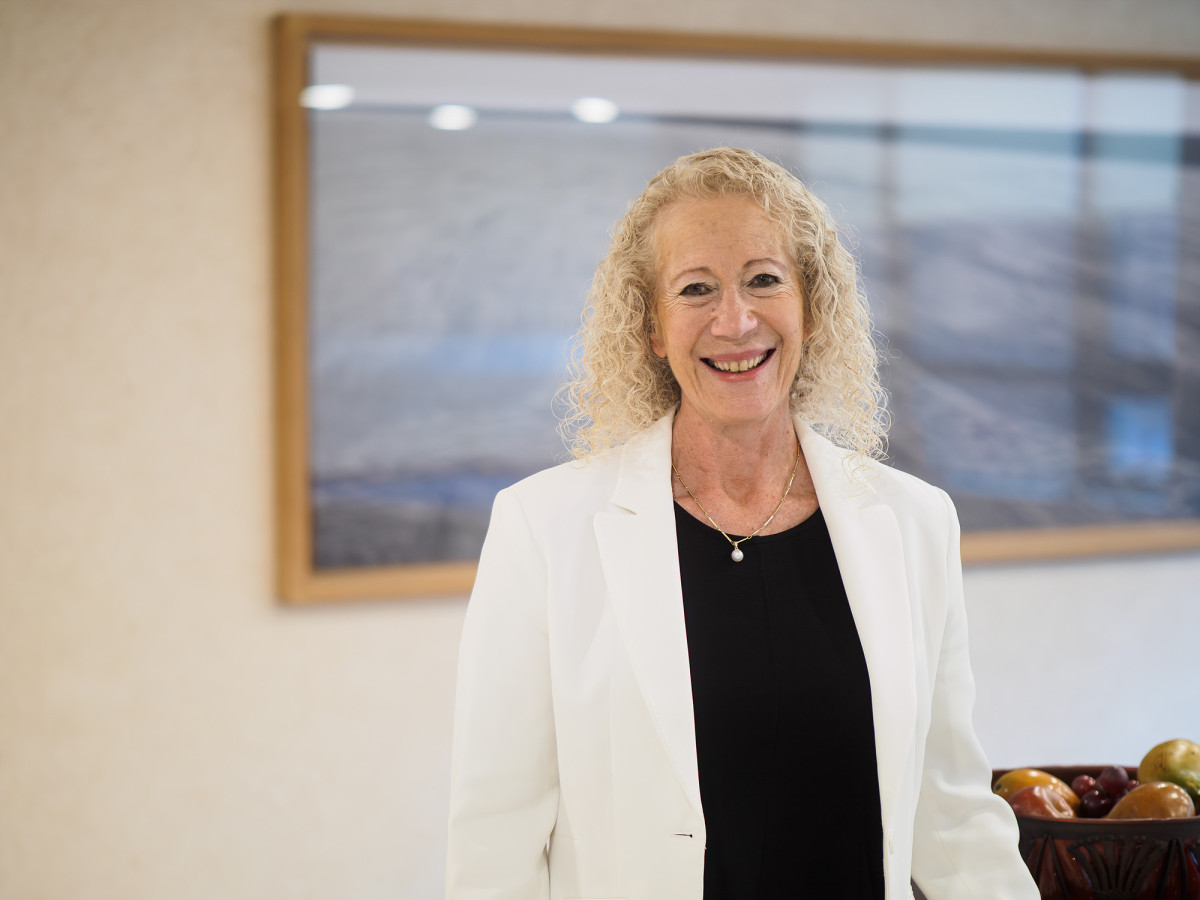[Interview] “Youth Resistance to Respecting Older Persons Must Be Addressed Through Understanding and Participation” (Dr. Marlene Krasovitsky)
※ This is an excerpted English translation of a Korean interview article, originally published in collaboration with Bravo My Life, a senior-focused magazine. The article features Dr. Marlene Krasovitsky, former WHO consultant and invited speaker at the 5th ASEM Forum on the Human Rights of Older Persons.
For the full version (in Korean), please refer to the original article here.
“Youth Resistance to Respecting Older Persons Must Be Addressed Through Understanding and Participation”
Dr. Marlene Krasovitsky
(Board Member of EveryAGE Counts & Consultant to the Global Campaign to Combat Ageism, WHO)
(Photo Courtesy of Bravo My Life)
Dr. Marlene Krasovitsky is the board member of EveryAGE Counts, Australia’s coalition-led campaign against ageism, and has also served as a consultant to the World Health Organization’s Global Campaign to Combat Ageism. Visiting Korea to participate in the 5th ASEM Forum on the Human Rights of Older Persons held on August 20, she emphasized in an interview with Bravo My Life that ageism is “a structural issue that erodes both our present and our future,” calling for long-term strategies to transform education, systems, and cultural norms in order to eliminate age discrimination.
She began by clarifying the definition of ageism. First introduced in 1969 by Robert N. Butler, the concept of ageism extends beyond negative attitudes and stereotypes toward older persons and aging. It also encompasses the broader societal tendency to design policies, environments, and institutions around youth, systematically neglecting the needs and contributions of older adults. According to Dr. Krasovitsky, ageism is not just individual prejudice expressed in words or actions, but a form of structural bias embedded across employment, urban design, healthcare, finance, and public policy.
